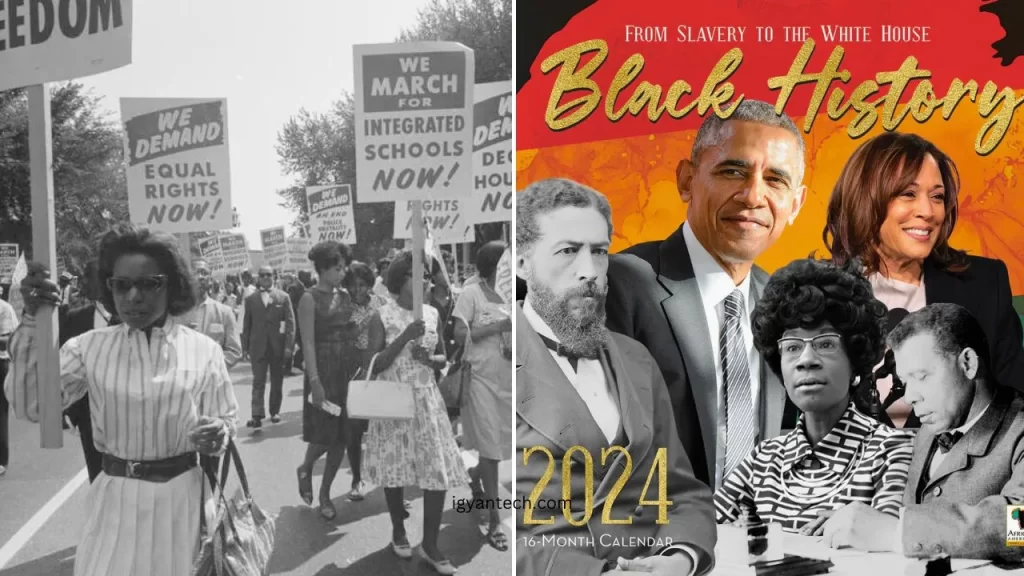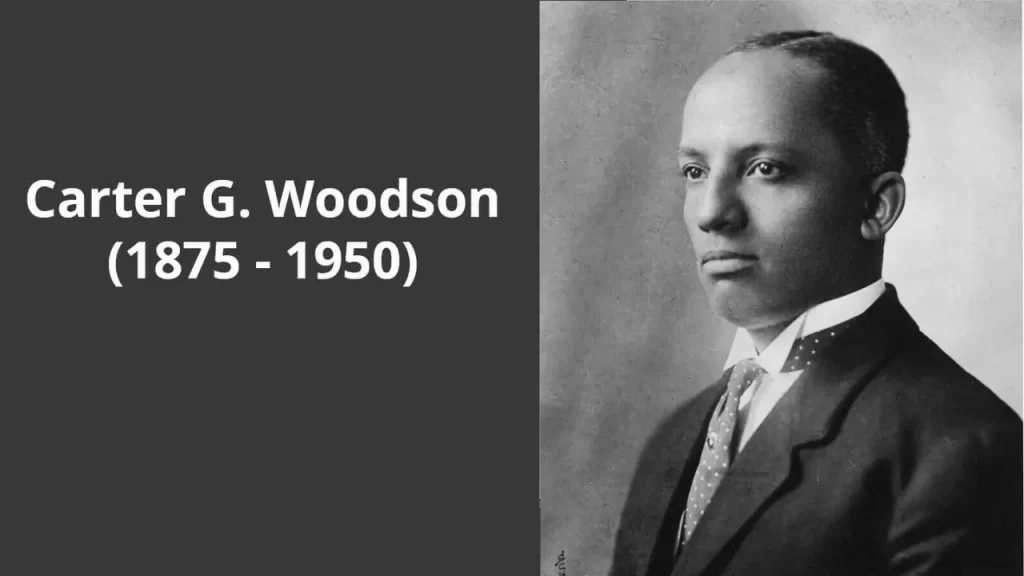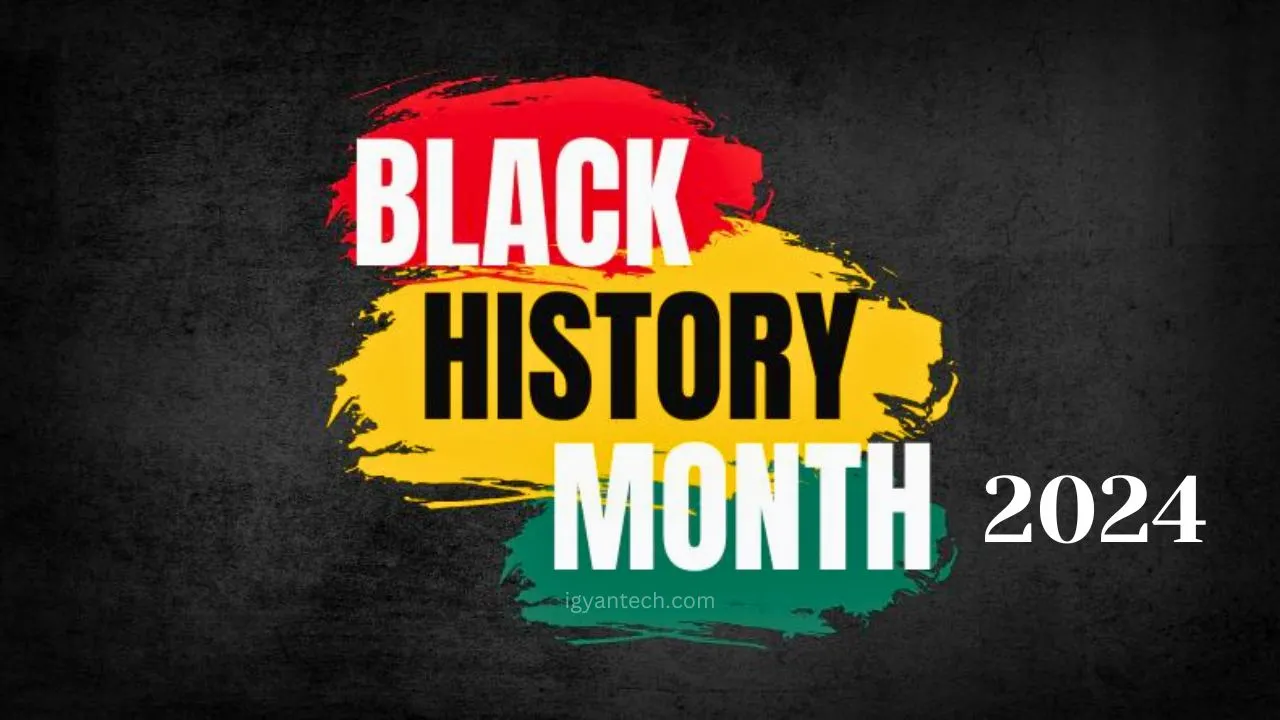Black History Month 2024: Significance, Historical Roots, Importance, & Fascinating Facts
Black History Month, celebrated in February, originated in the United States as a four-week-long observance shedding light on the contributions of African-Americans over the last 400 years. The history and importance of African-Americans were overlooked until the early 20th century. Carter G. Woodson, known as the father of Black history, initiated the first celebrations in the second week of February 1926, coinciding with the birthdays of President Abraham Lincoln and Frederick Douglass, key figures in abolishing slavery.
Originally a week, it later extended to a month, honoring African-Americans and their global contributions. Explore the history, significance, and reasons behind Black History Month in February, including quotes and facts.

History & Importance
Carter G. Woodson, the Father of Black History, founded the Association for the Study of African American Life and History (ASALH) in 1915. Encouraging African-Americans to rewrite themselves into history, the association’s research led to the establishment of Black history month. African-American teachers, particularly women, played a vital role by creating history clubs and hosting lectures. In 1986, the U.S. Congress officially recognized Black History Month, with every president since Ronald Reagan issuing statements.

Theme of Black History Month 2024
Black History Month 2024 is themed “African Americans and the Arts,” celebrating the significant impact of Black individuals and communities on the nation’s history, culture, and progress. The focus is on highlighting the “art of resistance” and the artists who have used their crafts to uplift the race and speak truth to power. This includes African American artists such as poets, writers, visual artists, and dancers who have historically served as change agents through their crafts. The month-long celebration invites everyone to join in recognizing and honoring the achievements, contributions, and history of African Americans, particularly in the field of arts and cultural movements.
Black History Month Around the World
People celebrate Black History Month in many countries, not just in the United States. Canada and Germany also celebrate it in February, like the U.S. But in the United Kingdom, the Netherlands, and Ireland, they chose October for their Black History Month. Brazil has its special day, Black Consciousness Day, on November 20. These celebrations have grown to highlight the contributions of people from their own part of the larger African diaspora, going beyond the history of African Americans in the U.S.
Also Read:
New Richest Person in the World

